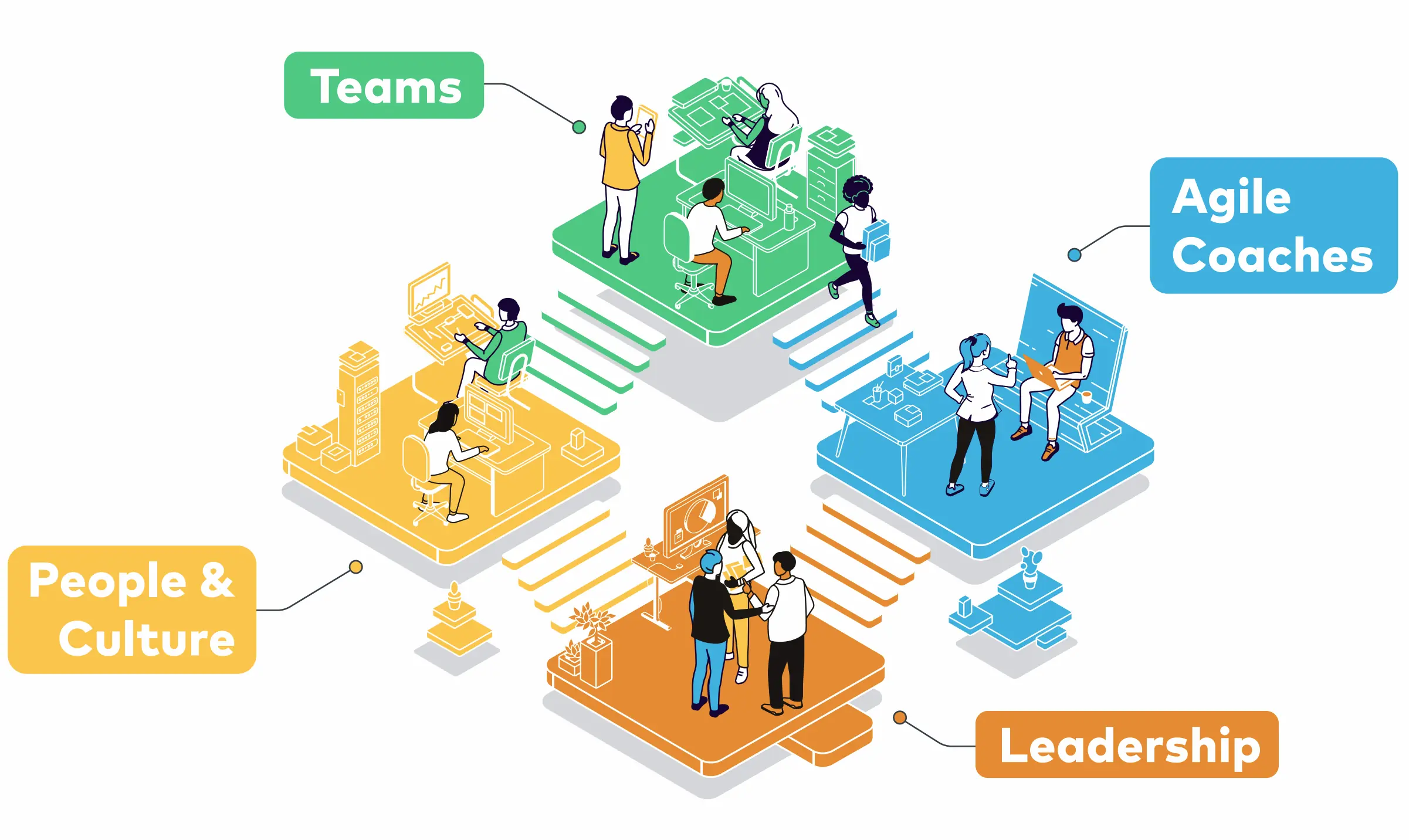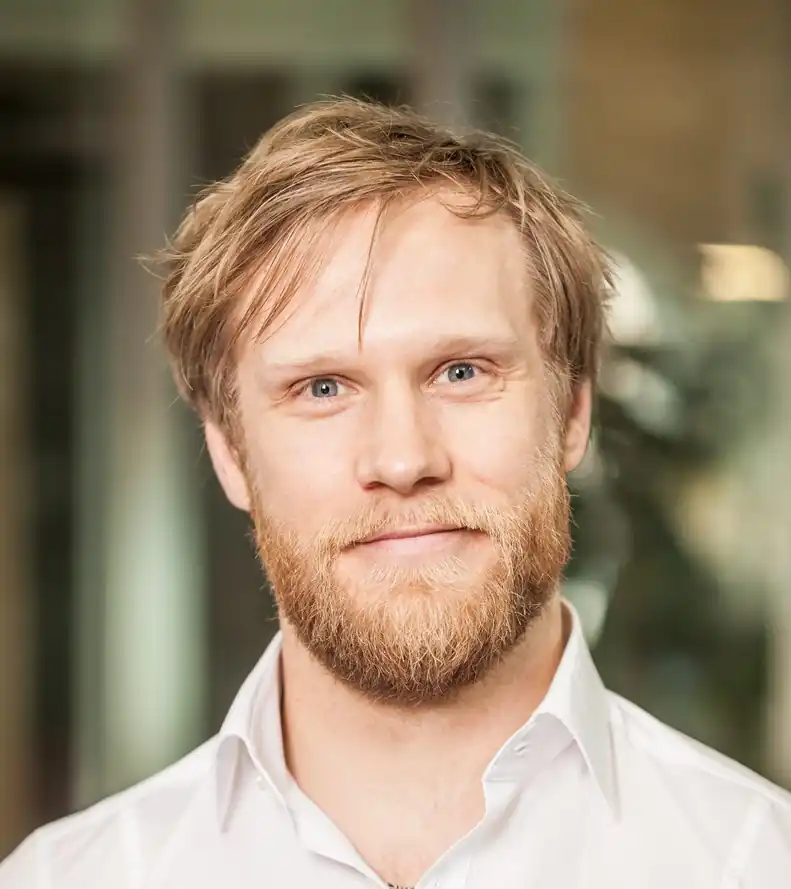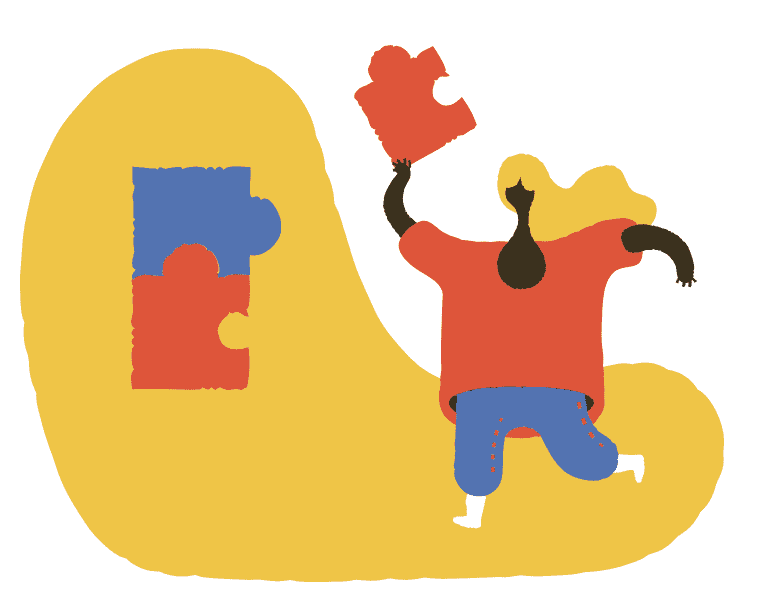
From strategy to execution



- They have tried OKR but it never “flew”
- A gardener makes sure that the plants have nutrients, water and sun
Nino: Tell me something about yourself. What do you do?
Gustav: I help companies execute their strategies.
The goal is to see the strategies come to life and not being put in a folder and forgotten about.
What inspires you to work on strategy execution?
I do this since founders and leadership teams often need an external person to help them lift their eyes from the urgent challenges to be able to work more strategically on challenges which are less urgent but super important.
I have the benefit of not knowing all the details of your current headache, but I still care about you reaching your goals.
They have tried OKR but it never “flew”
But what is in it for you?
I love to create successful organizations in which people are happy to contribute. It is fun to win and to learn something along the way. :)
How do you do what you do?
I partner up with the leadership team. First, we do an initial analysis of the current situation and a plan going forwards.
After that we keep regular contact to make sure that we take the necessary steps according to the plan and we make sure to find our way back on track if we have started to slip.
My collaborations are best when they are kept long term.
Who do most enjoy working with?
I enjoy working with anyone who is open minded and reliable. The companies which wold most benefit from collaborating with me is usually a SaaS company 3-10 years old where growth is slow. Business should be taking off but there is no profit hockey stick. The flatlands is more difficult than expected and the need for role specialization arises. Founders now need to be more Gardener-type leaders and less chess players. Maybe they have tried OKR but it never “flew”.
A gardener makes sure that the plants have nutrients, water and sun
What does it mean to be a gardener and not a racecar driver?
A gardener makes sure that the plants have nutrients, water and sun. They don't pull the grass to make it grow faster. A chess player is the one making the decisions and coming up with the answers. In an early stage startup it is great to be a chess player but after a certain point you will be more successful as a gardener. I am supporting the transition since it is not easy for founders to do by themselves.
What have your clients experienced?
It is not uncommon that leadership can have identified that the strategy has become a paper exercise which is not used in the organization. The leadership tries to communicate it to the organization but somehow it is not reaching everyone. They are often struggling to follow up on what has been decided and the people in the organization are not engaged to come along on the company journey.
This all ends up with leadership having to work more operatively that they wish to and they lack time for strategic work. So this lack of strategic work is what can be seen and this is often where I come in. Then my work revolves around solving the root causes for this.
Build and visualize a skills-based organization with a collaborative culture
I would like to jump a bit back onto what you mentioned before. The need for role specialization. What do you exactly mean by that?
This is when the people within the team need to choose focus areas. Choosing focus areas is best done from the view of the skills of each person. Each role needs to be adapted to the goals of the organization and the strengths of the individual. This is where agyleOS is a great tool to support the organizational development of companies since we can get a full picture for better decisions and it is dynamic so that continuous updates are effortless.
In your experience: When does the need for a strategy for skill and competency management arises in an organization?
As soon as you are more than two people in the organization. When you have different focus areas you need to communicate and share information with each other. It is less complex in a small organization than in a big one but the question remains: What information are we sharing?
When we manage the work we do towards the goal, we indirectly also manage the roles which deal with the work.
So strategy for creating value to the customers goes hand in hand with strategy for managing the skills and competences for creating that value.
By submitting this form, I confirm that I have read the privacy policy and that I consent to the processing of my personal data by agyleOS for the purposes stated. In the event of consent, I can revoke my consent at any time. Furthermore, by submitting the form, I agree to the general terms and conditions.



